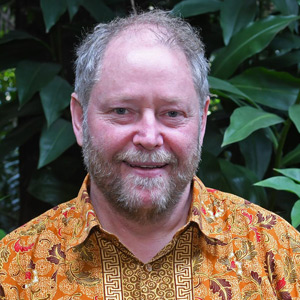Description
The Forest Stewardship Council (FSC) emerged due to the lack of a binding international forest agreement and aims to improve forest management through voluntary certification. The FSC is one of the two largest forest certification programs globally, alongside the Programme for the Endorsement of Forest Certification (PEFC). FSC certification, established in 1993, is based on principles ensuring responsible forest management and relies on annual audits by accredited Conformity Assessment Bodies.
In Brazil, FSC certification covers 9.4 million hectares, with significant representation in the Amazon. Challenges for smallholders remain due to complex standards and high costs. The certification's impact is monitored through various methods, including independent evaluations.
FSC Social Impact Assessment in Brazil Project, a collaboration between FSC and CIFOR, aims to assess the social impacts of FSC certification on producers, workers, and local communities in Brazil. The study, conducted over 18-24 months, includes three phases: a desk study, field-based research, and analysis. It focuses on understanding the institutional and legal context, assessing social impacts, and supporting the development of outcome-oriented standards. Fieldwork will involve interviews with multiple stakeholders and aims to provide a comprehensive understanding of FSC's social impacts in Brazil





















